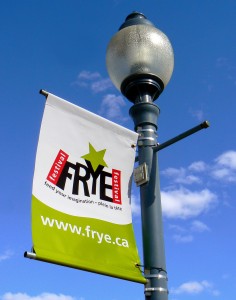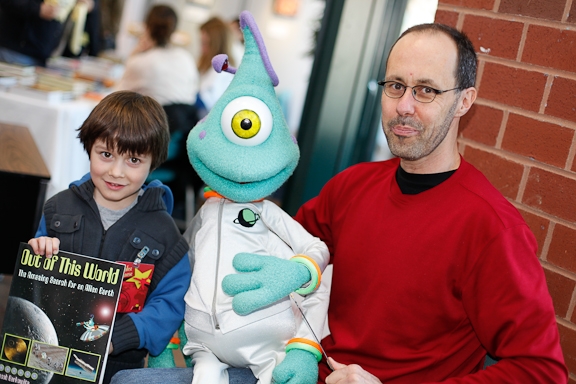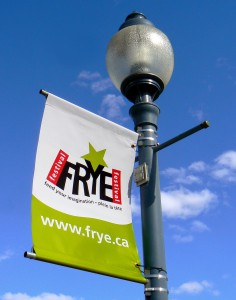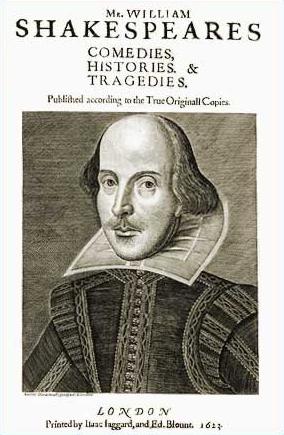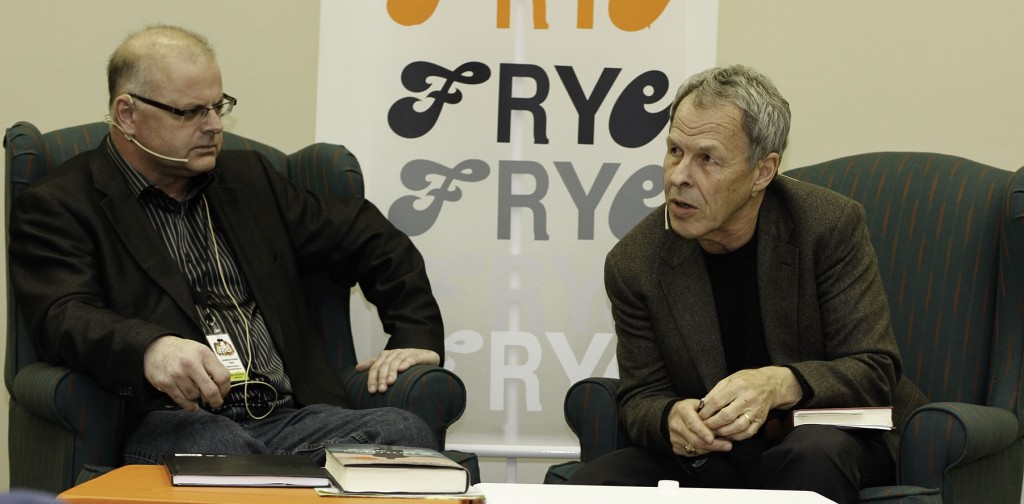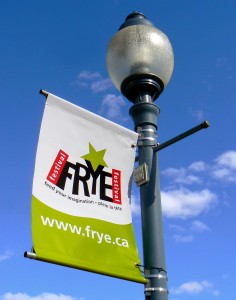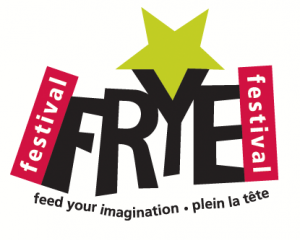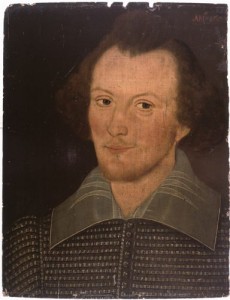I hope you can link up to this wonderful photograph of author Beth Powning with the class of students she met on Thursday. It’s at www.powning.com/beth
Sunday’s the last day. It’s winding down fast now, beginning with a ‘Brunch and Books’ event with 2 authors, Beth Powning and Maryse Rouy. The focus is on literacy and on the winners of the Adult New Writers Contest. It’s always a moving moment when these adults, who have worked hard to improve their reading and writing skills, come foward to stand on a stage named in honour of the great writer and thinker Northrop Frye. It’s probably happening just about now, as I write. I lost an earlier version of this blog entry, or I might have got myself together in time to sit in on the event.
At 1pm, in about an hour, we meet at the Moncton airport to close down the festival. Jesse Robichaud, the festival Poet flyé, will read the poem he’s created over the last several days. We’ll hand out the first “Frye Academy Award” – the Frye Academy being a select group of English and French high school students who’ve read 6 books, half English and half French, and chosen one that they like best – a sort of Canada Reads format, but spread out over several months. Finally we’ll have a draw to see who wins a free trip “anywhere West Jet flies.”
Yesterday was jam-packed, ending with an event called Frye Jam where we ask authors to work with musicians to create a unique blend of words and music. The music is provided by a group called Les Païens, who have hosted this event the last several years. We had a good audience of over a hundred. Anglophones Fred Stenson, Annabel Lyon, and Steven Galloway read beautifully and seemed to enjoy the experience. Steven’s reading from Cellist of Sarajevo, with Kenan having a vision of the city reconstituted and then suddenly hearing the music stop, brought tears to the eyes. The francophone authors, France Cayouette, Biz, Ron Leger, and Guy Marchamps, were equally effective, though in a very different way, as they were poets and performers. It was half past twelve when we emerged from the venue, to a spectacle we (my wife and I) had never seen – the streets of Moncton flooded with hundreds and hundreds of young people bar hopping. Very scantily dressed, some of them, for the cold. Mini-skirts, apparently, are back in fashion.
The dialogue at 6pm (yesterday), with Fred Stenson and Christian Bök, was wide-ranging, relaxed, and somewhat wild, thanks to Christian’s anything but straight laced approach to life. Sparks flew at the end when audience member Steven Galloway took Christian to task for disparaging remarks about Yann Martel’s new novel. Have you even read the book, Steven asked. Christian said no, he hasn’t, but that doesn’t change his criticism: why such a huge publisher’s advance when the result, nine years in the making, is a small book, not immediately recognizable as great and worthy. All that money could have gone to help young, talented, struggling writers. It was good to see Christian and Steven at the bar after the public dialogue, in private conversation, healing their rift, one hopes.
